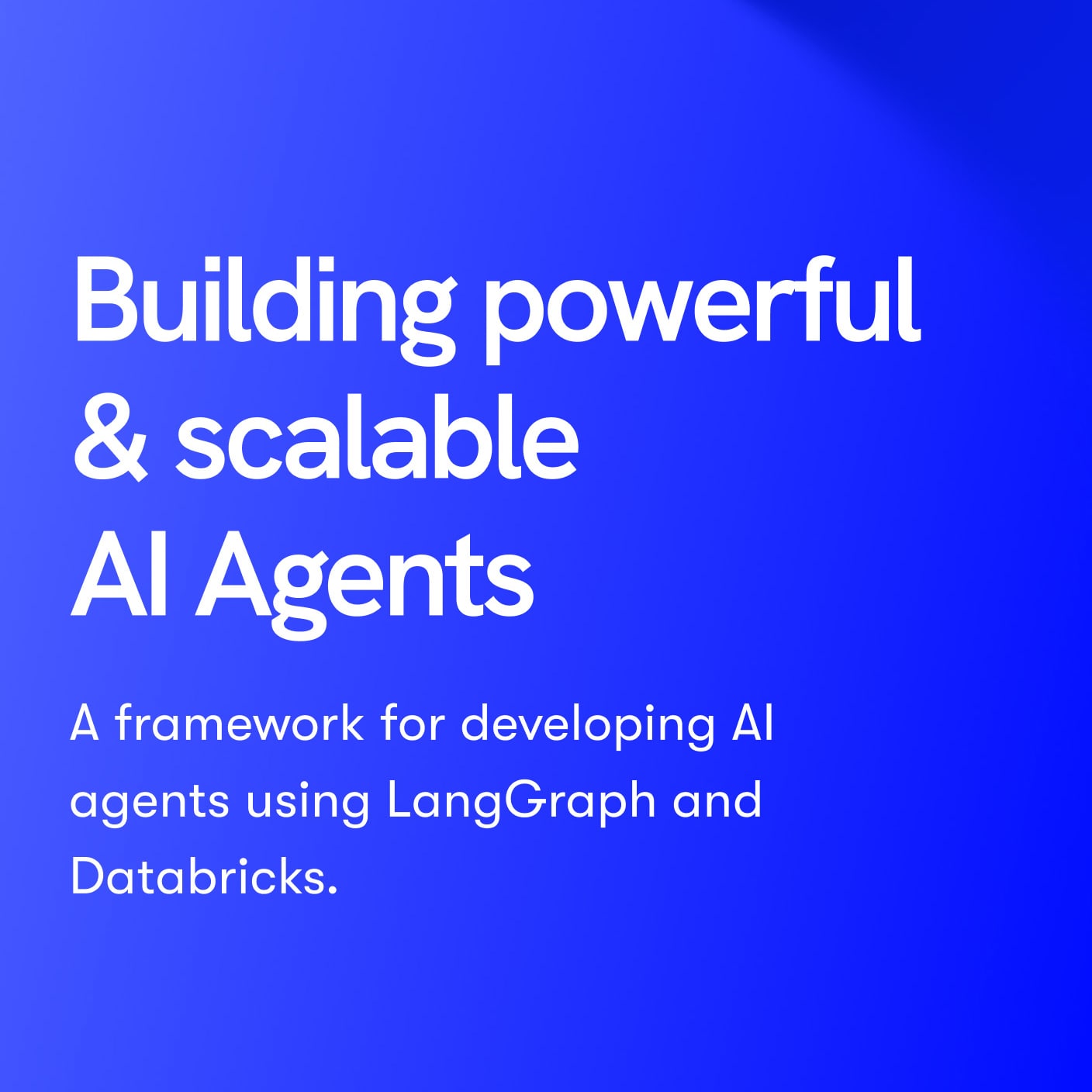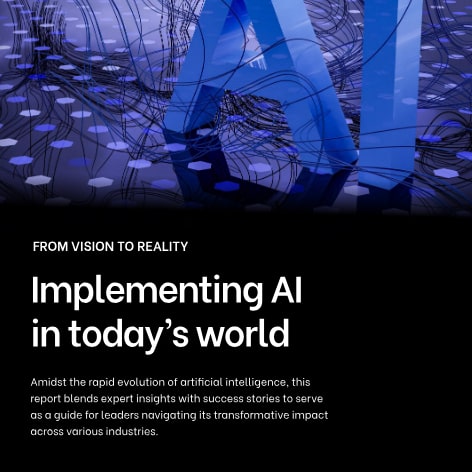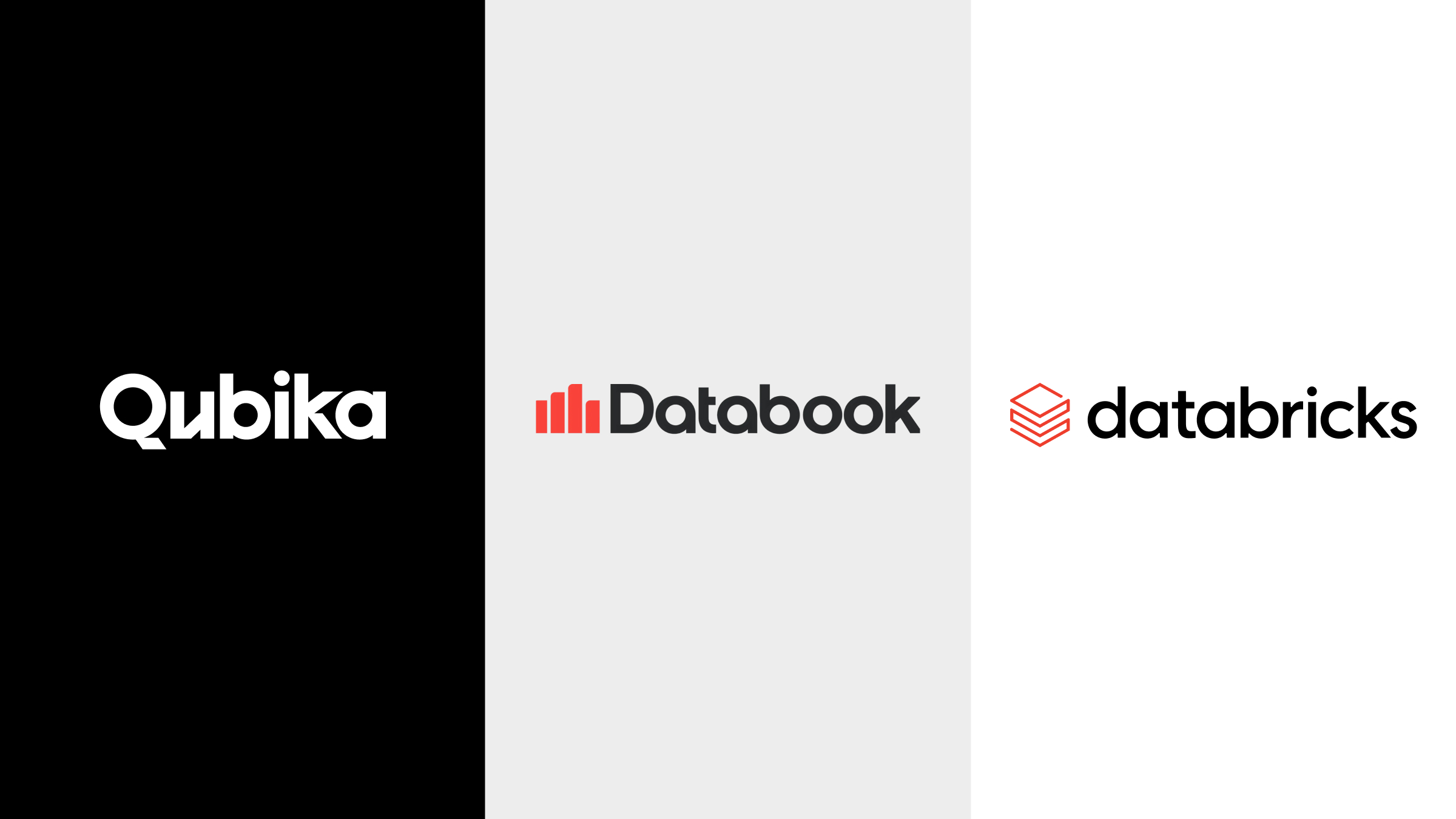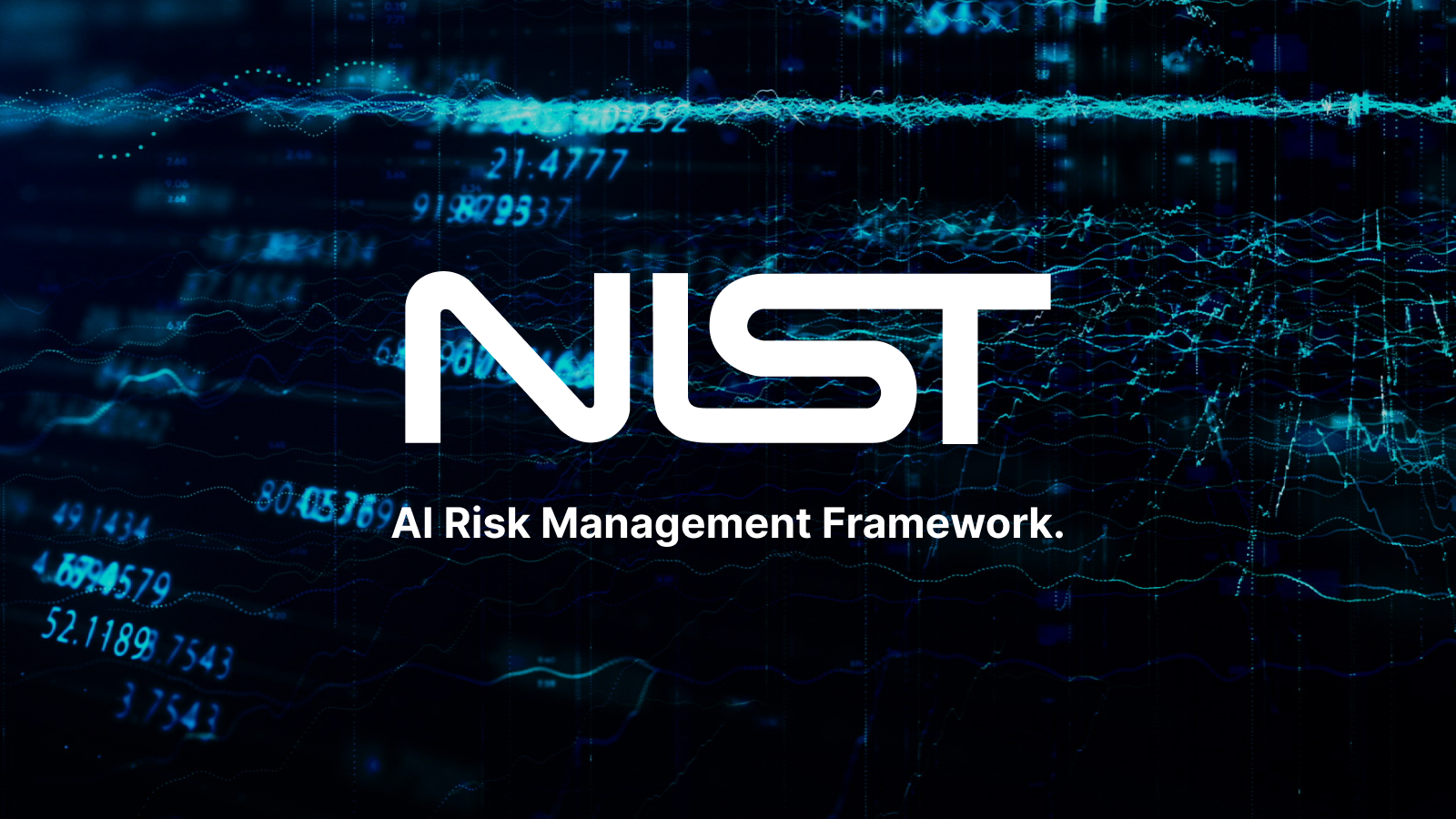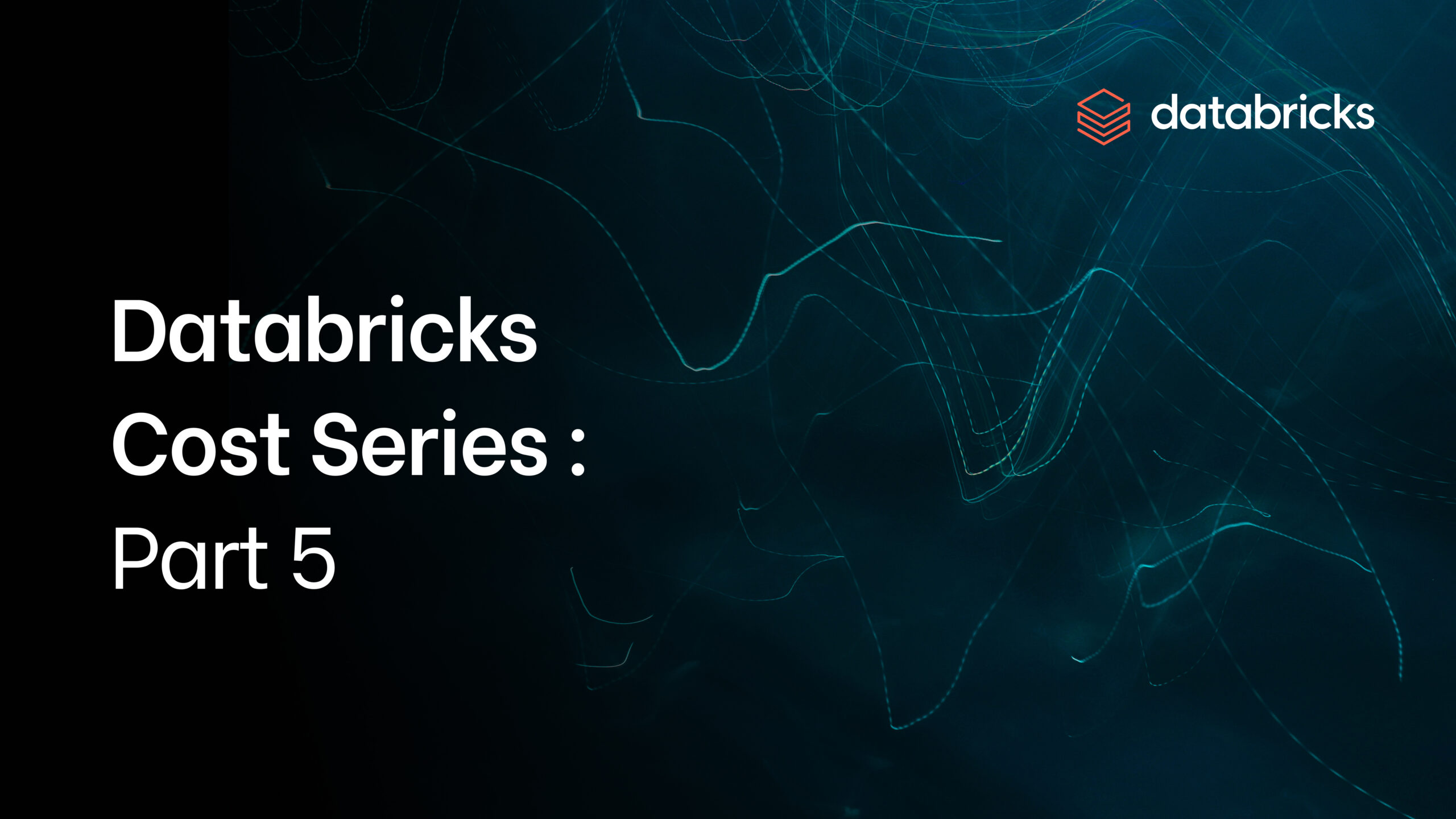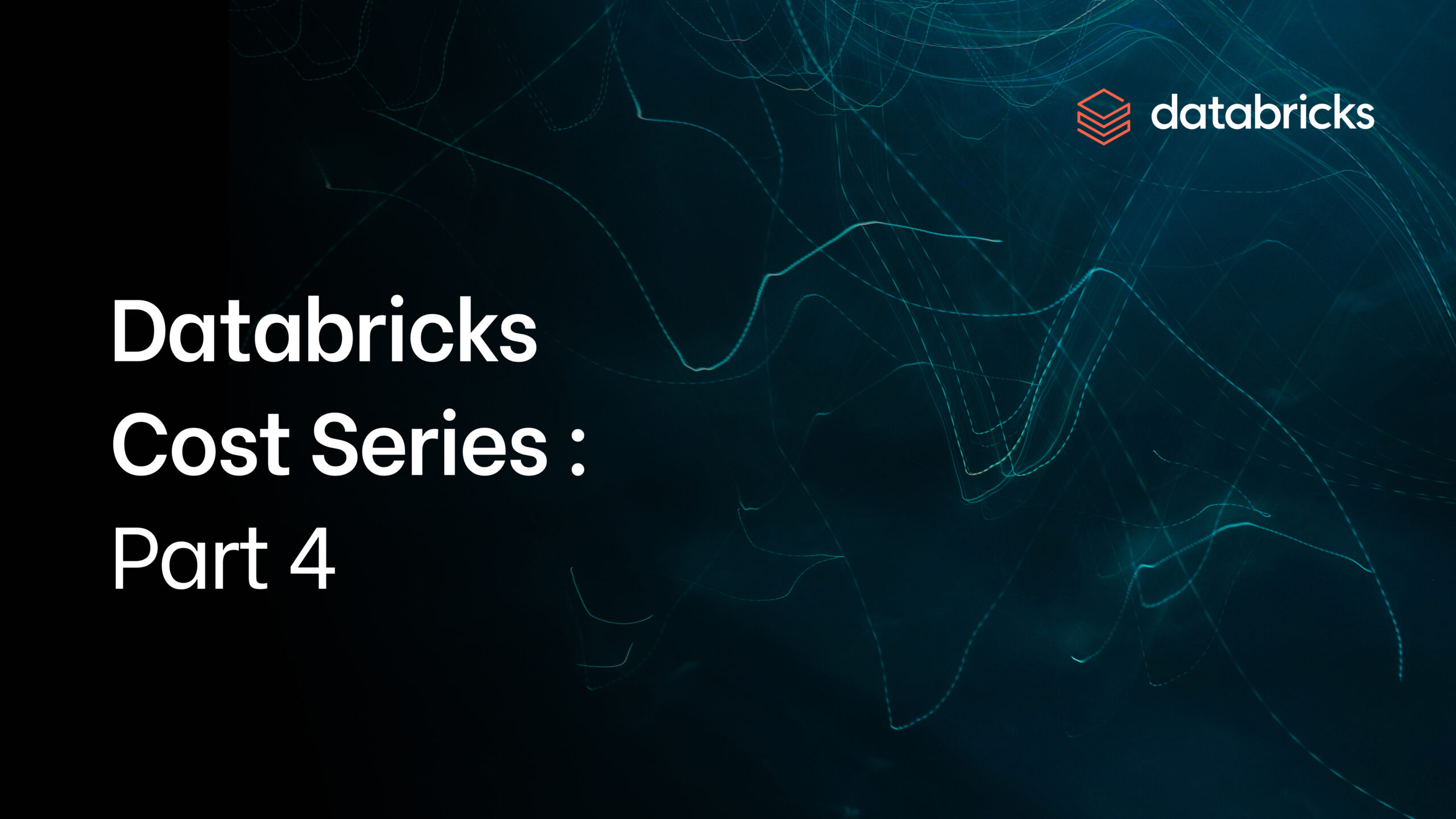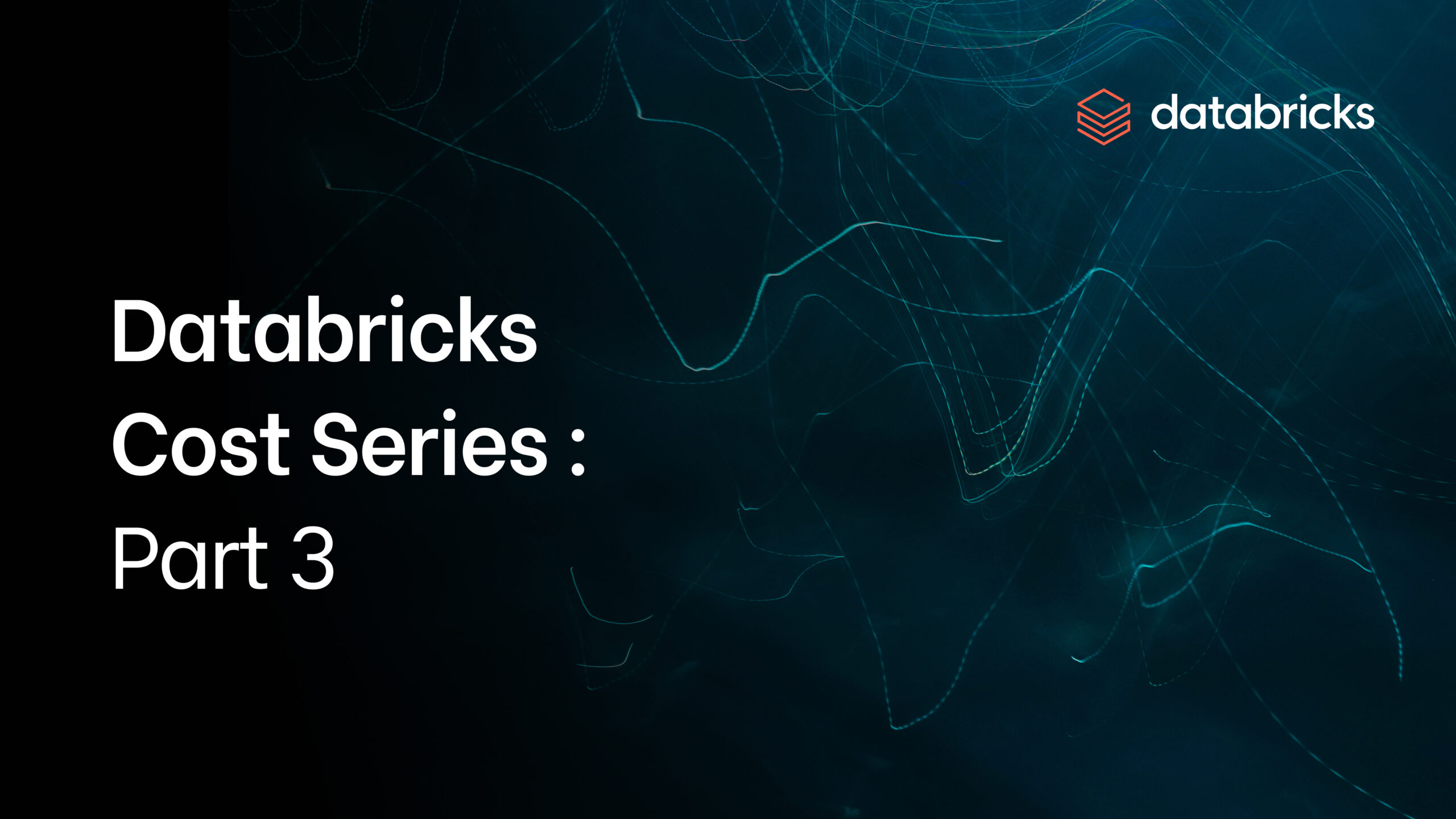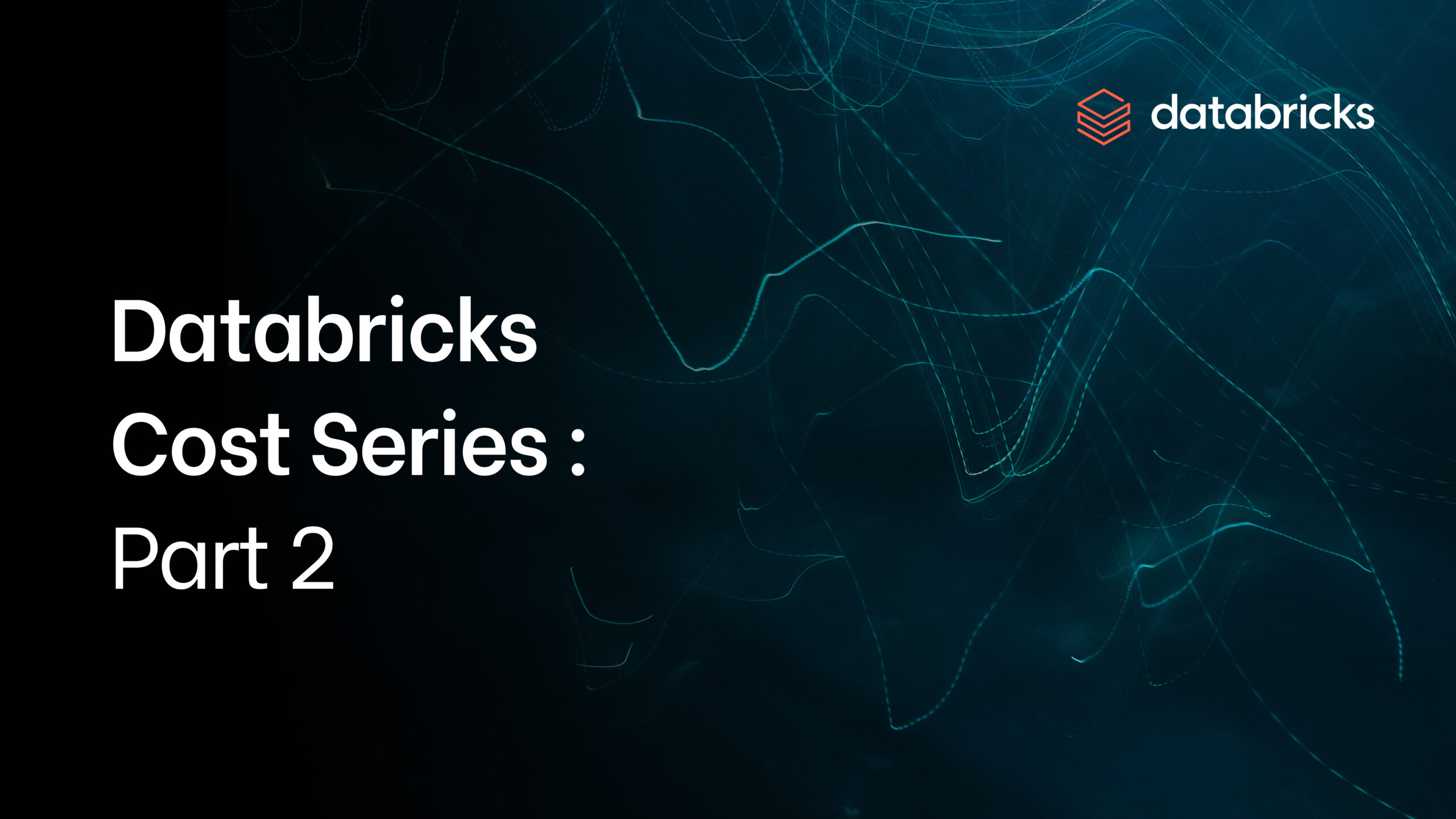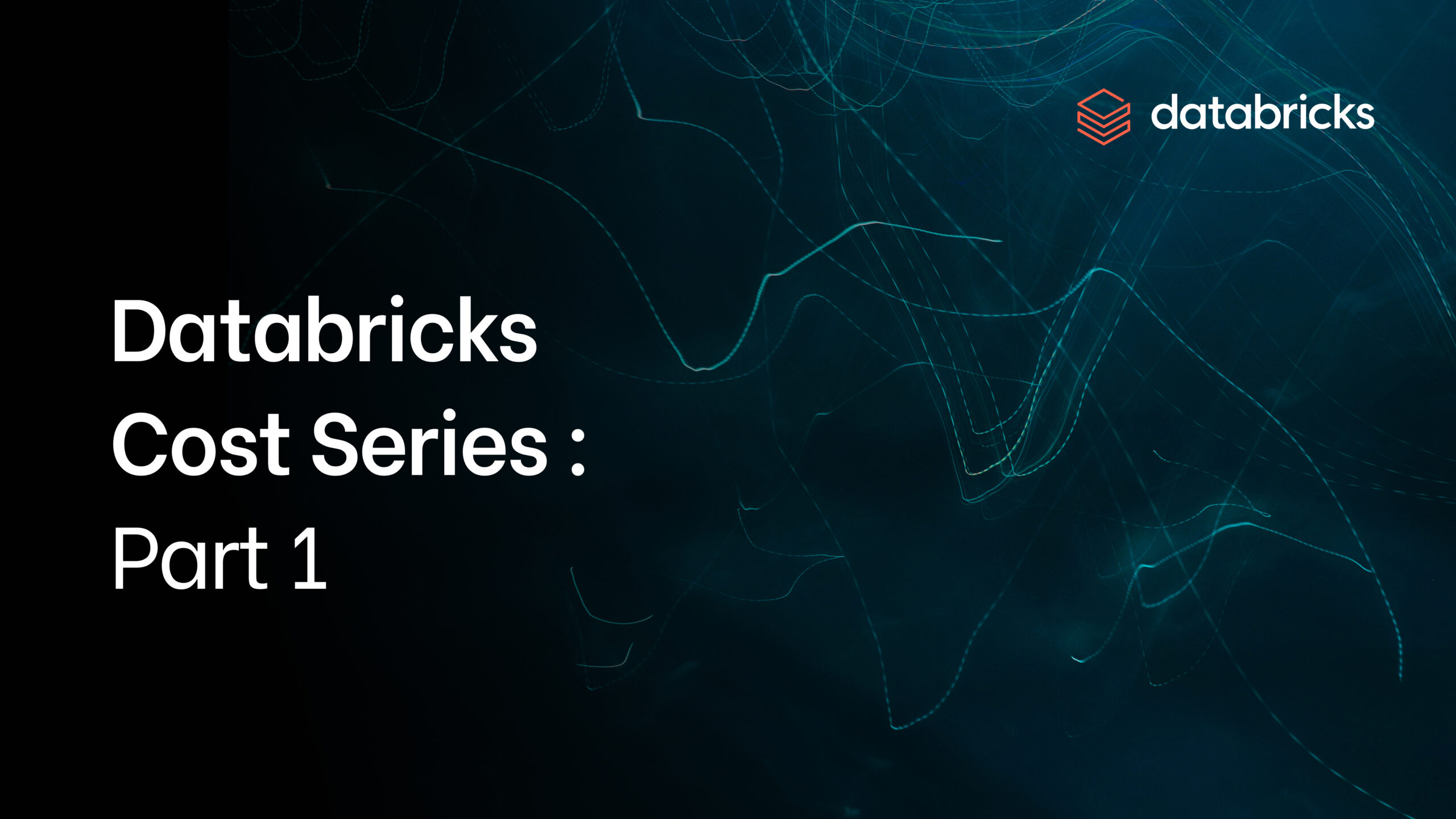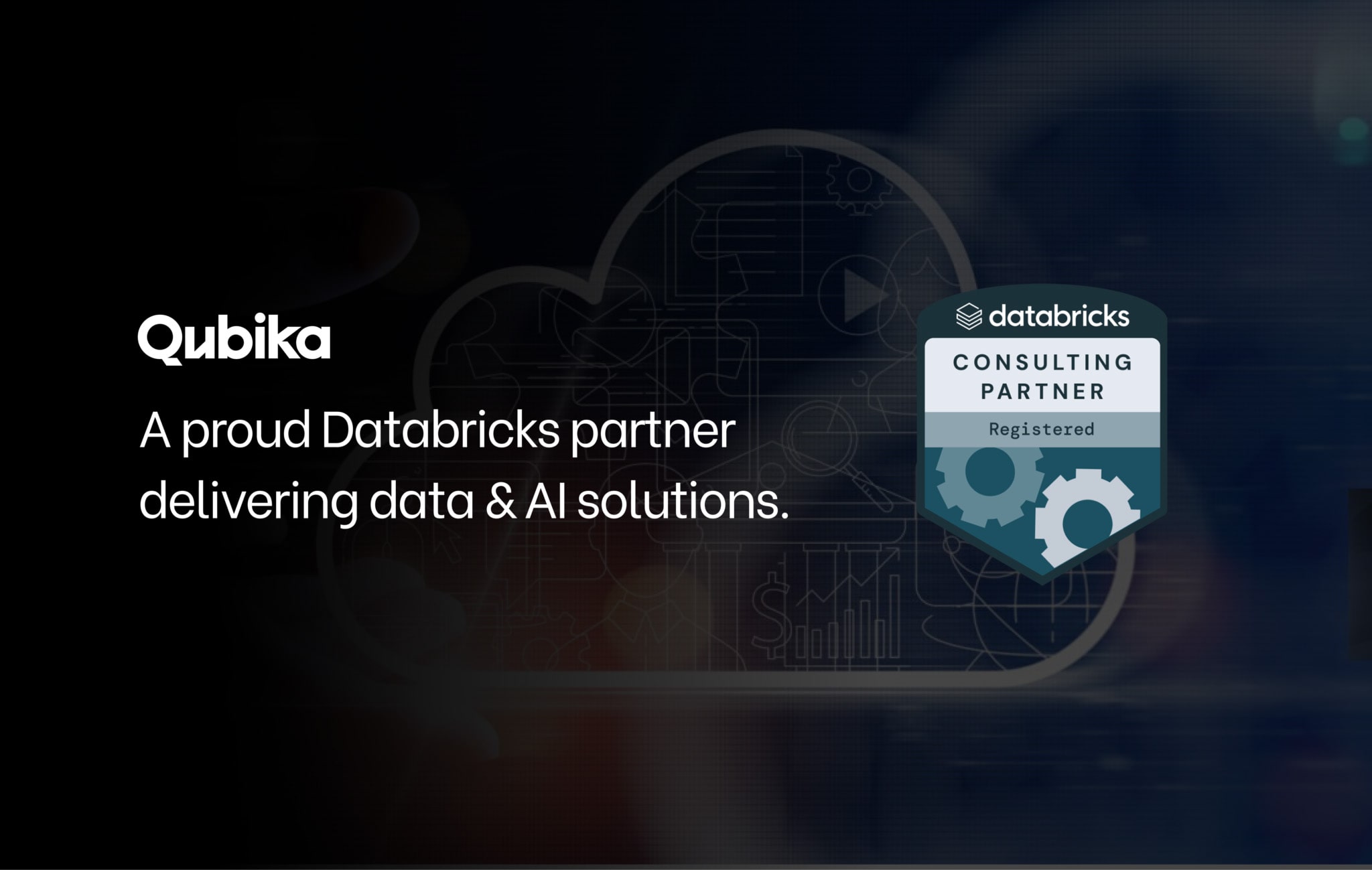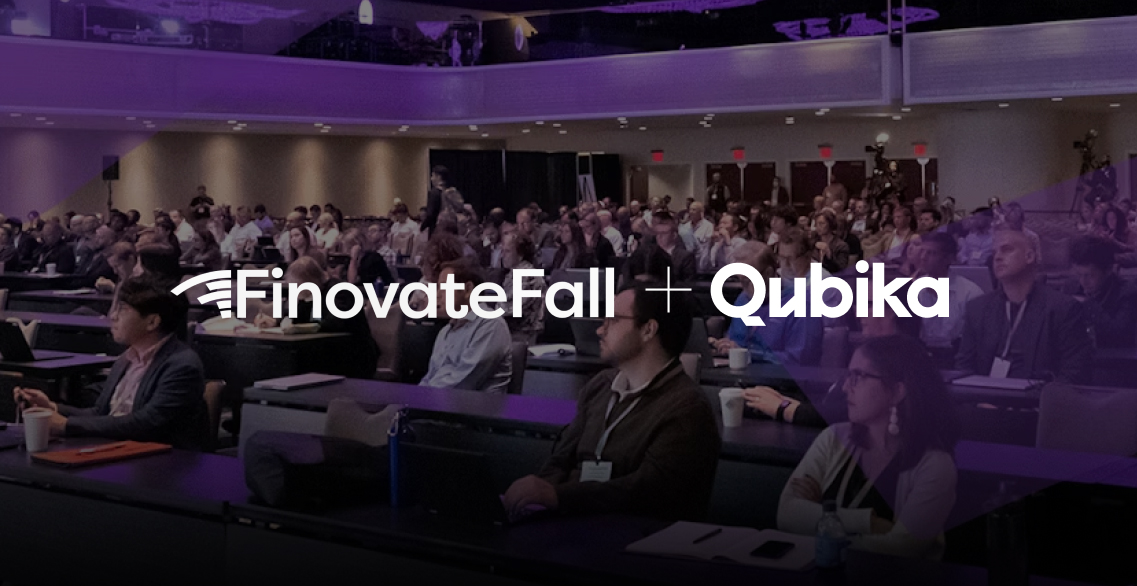In today’s rapidly evolving financial landscape, leading institutions are leveraging advanced technologies, platforms, and strategies to remain competitive. Databricks offers a unified approach to managing data and implementing AI-driven insights, empowering financial organizations to drive innovation, manage risk, and enhance customer experiences.
Why Databricks for financial services?
Databricks is revolutionizing how financial institutions use data to solve industry-specific challenges. By adopting the Lakehouse Platform, financial organizations can consolidate data and analytics on a single, secure platform, enabling faster decision-making and improved operational efficiency. Here’s how Databricks addresses key challenges in financial services:
- Fraud detection and prevention. With advanced machine learning models, institutions can detect fraudulent activities in real-time, reducing financial losses.
- Risk management. The platform enables dynamic risk modeling, incorporating diverse data sources to create accurate and actionable insights.
- Customer personalization. AI-powered tools allow financial institutions to deliver tailored recommendations, enhancing customer satisfaction and loyalty.
- Regulatory compliance. Databricks ensures robust data governance and lineage, simplifying adherence to complex regulatory requirements.
The Databricks advantage: Unified data and AI for finance
Databricks’ Lakehouse for Financial Services offers a comprehensive solution for managing and analyzing data at scale. Below are some key highlights from the platform:
- Unified data architecture. By combining data warehouses and data lakes, Databricks provides a single platform for all your structured and unstructured data needs.
- AI and machine learning at scale. Financial institutions can leverage built-in AI tools to create predictive models, automate processes, and uncover new business opportunities.
- Real-time data processing. The platform supports real-time analytics, crucial for fraud detection and dynamic risk management.
- Enhanced collaboration. With Databricks, teams can collaborate more effectively on data projects, breaking down silos and accelerating innovation.
Case studies: Databricks in action
Leading financial institutions are already leveraging Databricks to achieve remarkable outcomes:
- Risk modeling. A major investment bank reduced model deployment time from months to weeks, enhancing their ability to respond to market changes.
- Fraud detection. An insurance provider integrated real-time analytics, reducing fraudulent claims by 40%.
- Customer engagement. A global bank used AI models to personalize marketing campaigns, resulting in a 20% increase in customer retention.
Why choose Qubika as your databricks partner?
At Qubika, we are proud to be trusted Databricks partners, helping financial institutions maximize the value of their data. We have over 100 engineers certified on the Databricks platform – with certifications ranging from Associate Data Analyst, Data Engineer, to Professional Machine Learning Engineer and GenAI Engineers. With our expertise in data engineering, AI, and analytics, we empower clients to implement Databricks solutions tailored to their unique needs. Whether you’re looking to improve fraud detection, streamline operations, or deliver personalized customer experiences, Qubika’s team is here to guide you every step of the way.
FAQs: Common questions about Databricks for financial institutions
Is Databricks secure enough for sensitive financial data? Yes. Databricks offers robust security features, including fine-grained access control, data encryption at rest and in transit, and comprehensive audit logging. It complies with various industry regulations and certifications, ensuring the highest levels of data protection.
How does Databricks help with regulatory compliance (e.g., GDPR, CCPA)? Databricks provides tools for data governance, lineage tracking, and data masking, which are essential for meeting regulatory requirements. Its unified platform simplifies data management and reporting, making compliance audits more efficient.
Can Databricks integrate with existing financial systems? Yes. Databricks supports integration with a wide range of data sources and systems, including databases, data warehouses, and cloud storage platforms. This allows financial institutions to seamlessly incorporate Databricks into their existing IT infrastructure.
What kind of AI/ML capabilities does Databricks offer for finance? Databricks provides a comprehensive suite of AI/ML tools and libraries, including MLflow for managing the ML lifecycle and enabling MLOps at scale. It also supports popular open-source frameworks like TensorFlow and PyTorch.
What are the cost benefits of using Databricks compared to traditional solutions? By consolidating data and analytics on a single platform, Databricks can reduce infrastructure costs and operational overhead. Its scalable architecture allows organizations to pay only for the resources they use, optimizing cost efficiency. Furthermore, it accelerates time-to-insights, enabling faster decision-making and improved business outcomes.
Ready to transform your financial institution?
Partner with Qubika to harness the full potential of Databricks’ Lakehouse Platform. Contact us today to learn more about how we can help you drive innovation and achieve your business goals.

